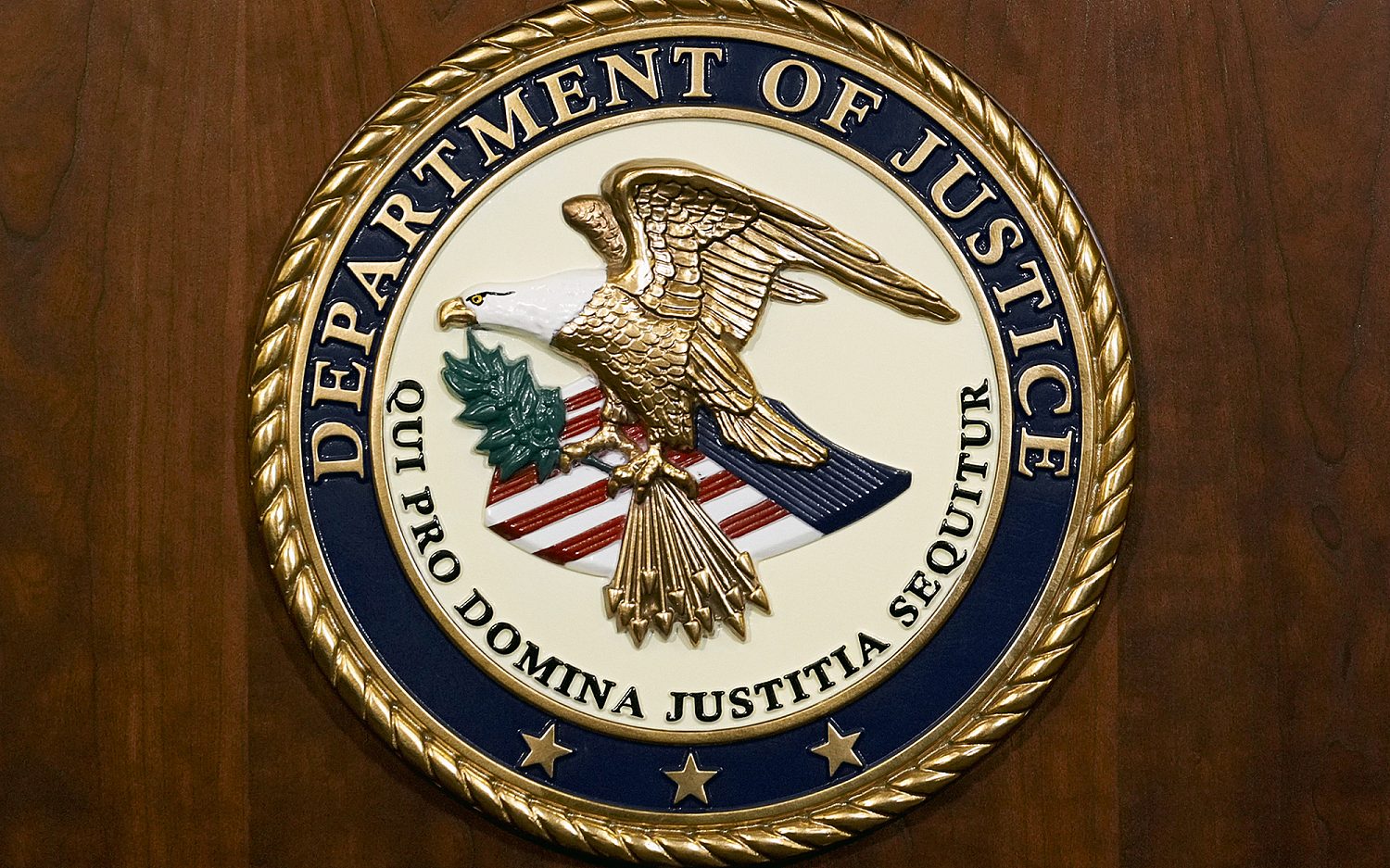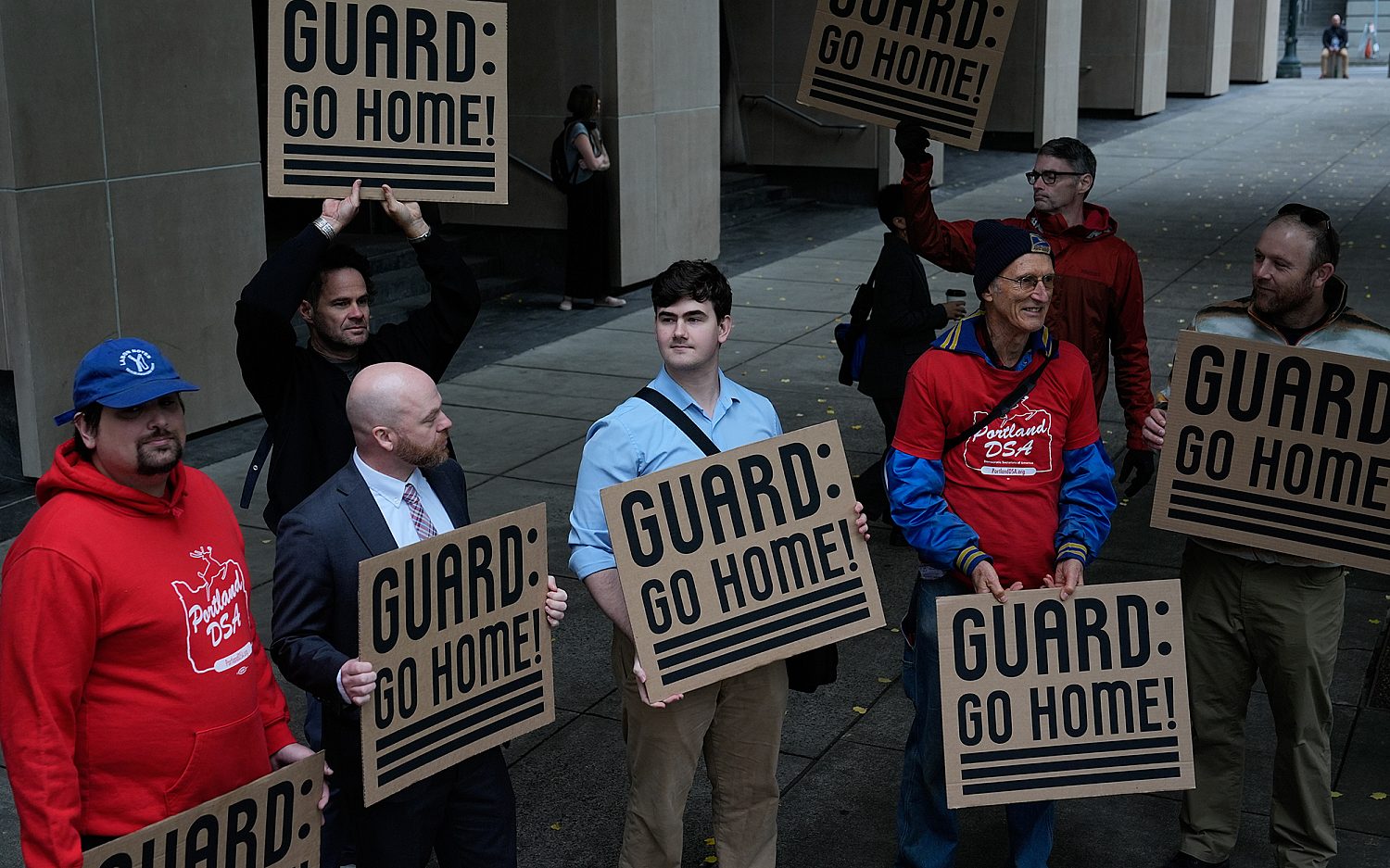Senate OKs new religious freedom ambassador
Decision caps busy week in Washington for religious freedom
WASHINGTON—The U.S. Senate voted on Friday to confirm Rabbi David Saperstein as the first non-Christian ambassador-at-large for international religious freedom—capping a busy week for religious liberty in Washington.
Saperstein was approved on a 62-35 vote, winning support from 51 Democrats and 11 Republicans. One Democrat and 34 Republicans, mostly conservatives, voted against the nomination.
President Barack Obama nominated Saperstein almost five months ago, but Senate Majority Leader Harry Reid, D-Nev., has kept the Senate schedule packed with judicial nominees. Secretary of State John Kerry called Reid and asked him to clear out all Department of State nominations before the end of the 113th Congress, according to The Hill.
When Obama named Saperstein, one of his faith advisers, to the post in July, most conservatives hailed the nomination as a good choice. This week, 74 faith leaders sent a letter to Reid and Minority Leader Mitch McConnell, R-Ky., urging them to confirm Saperstein and drawing attention to his “almost universal” support.
“Rabbi Saperstein not only knows the issue, but he knows Washington and the world,” the leaders wrote. “He understands religious freedom as a multidisciplinary issue that cuts across human rights, economics, security, counter-terrorism, media, academia, business, and other relevant sectors.”
Some conservatives have expressed concern about Saperstein because he backs gay marriage and abortion, and even opposed the Supreme Court’s Hobby Lobby decision. Supporters note that Saperstein’s mandate is international, not domestic, and argue he would be better than Suzan Johnson Cook, who many felt was ineffective in the role.
Saperstein’s confirmation comes on the heels of a behind-the-scenes fight to keep the U.S. Commission on International Religious Freedom (USCIRF) in operation. In July, the House overwhelmingly passed a five-year reauthorization bill on a voice vote, but the measure stalled when Sen. Dick Durbin, D-Ill., introduced his own legislation featuring significant changes to USCIRF.
Among other things, the Durbin bill would have made USCIRF staff bipartisan (instead of nonpartisan), reauthorize the commission for only two years, and move USCIRF’s annual report until after the State Department releases its international religious freedom report. Critics said the changes would have made USCIRF less independent.
This month, as lawmakers horse-traded on aspects of a huge spending bill to fund government operations for the next year, Durbin, the No. 2 Senate Democrat, attempted to pull USCIRF funding from the “Cromnibus” package—which would force consideration of his stand-alone bill or shut down the commission.
Sens. Bob Corker, R-Tenn., and Marco Rubio, R-Fla., fought for USCIRF’s inclusion in the Senate bill. Rubio spokeswoman Brooke Sammon told me the senator is dedicated to ensuring the commission remains funded to “continue its essential work of monitoring religious freedom around the world.”
Russell Moore, president of the Southern Baptist Convention’s Ethics and Religious Liberty Commission, told me Congress’ negligence on protecting religious freedom is “unbelievable and outrageous. With the world on fire with religious strife and persecution, they drag their feet on the simple matter of funding the commission that has done the hard work in researching and advocating for religious freedom around the world. This is a matter of human rights and a matter of national security.”
The 1998 International Religious Freedom Act (IRFA) established the commission as an independent watchdog organization. It was last reauthorized with a $3 million budget in 2011—when Durbin placed a hold on it and forced last-minute changes.
Also this week, Reps. Joe Pitts, R-Pa., and Anna Eshoo, D-Calif., introduced the Shahbaz Bhatti International Religious Freedom Act of 2014, a measure that would build on the 1998 IRFA. The bill would, among other things, add non-state actors (such as Boko Haram in Nigeria) to the group of bodies the U.S. government can sanction for violating religious freedoms.
“The ongoing violence against religious minorities in the Middle East has demonstrated a desperate need for the U.S. to recommit itself to one of its greatest exports—religious freedom,” Eshoo said.
The bill has no chance to pass before the end of this Congress, but Eshoo and Pitts plan to introduce it again in the 114th Congress.
An actual newsletter worth subscribing to instead of just a collection of links. —Adam
Sign up to receive The Sift email newsletter each weekday morning for the latest headlines from WORLD’s breaking news team.





Please wait while we load the latest comments...
Comments
Please register, subscribe, or log in to comment on this article.